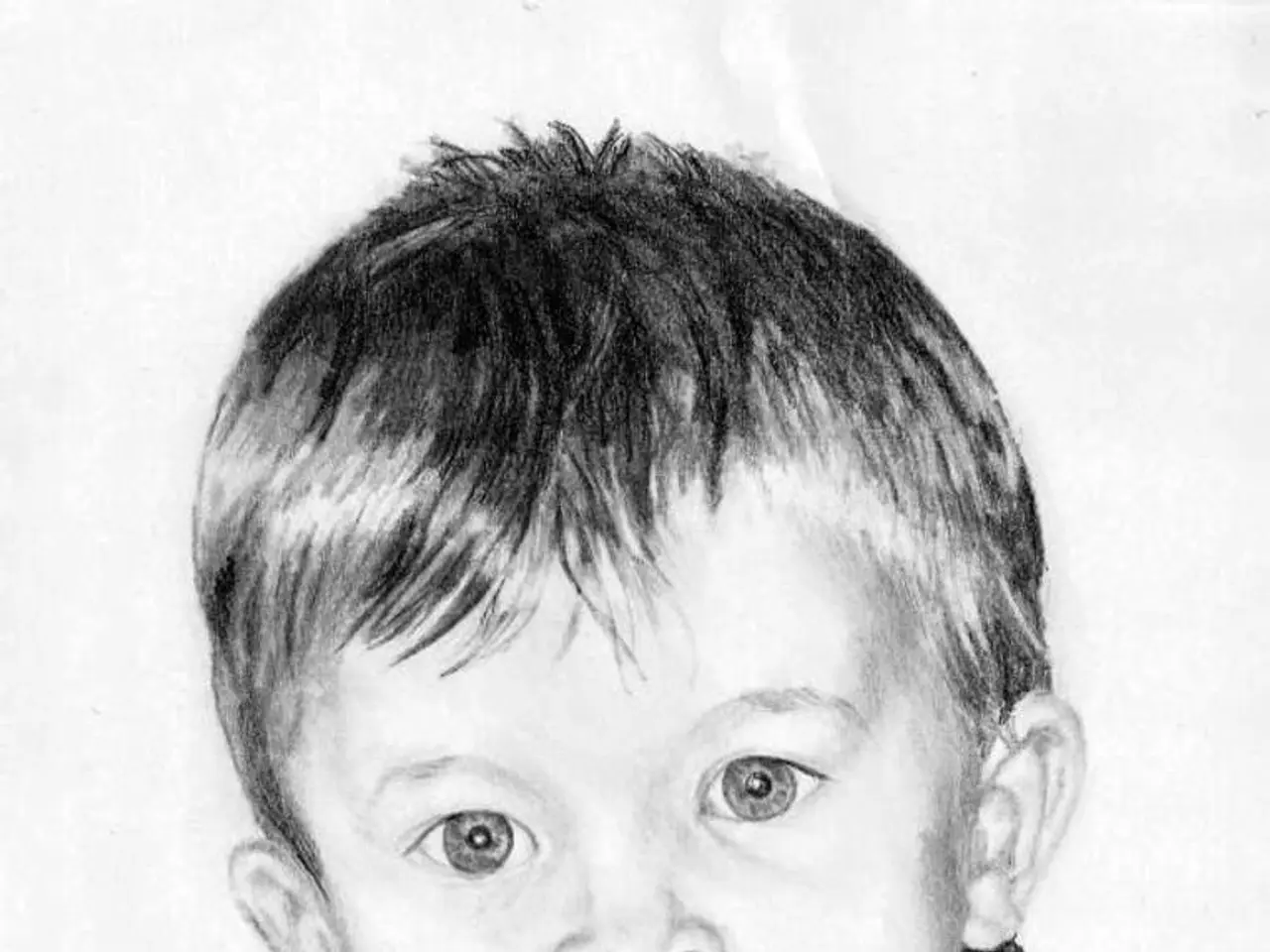Significant Developmental Milestones in Early Childhood Worth Noting
Supporting Child Development: BBMA's Comprehensive Approach
The British Baby and Mother Academy (BBMA) offers a unique programme designed to support children's development from infancy to preschool age. The programme focuses on providing intentional pre-academic experiences in literacy, math, and science, while also addressing the typical developmental milestones for infants, toddlers, twos, threes, and fours.
Infants (0–12 months)
During this stage, infants rapidly develop motor skills, form secure attachments, recognise voices, and begin early language through cooing and babbling. BBMA's infant programme offers individualised care in a nurturing environment, with personalised tummy time sessions, one-on-one interactions, sensory experiences, a language-rich environment, and consistent caregivers. Parents can support this stage by responding promptly to needs, providing comfort, and encouraging exploration of objects and sounds.
Toddlers (1–3 years)
As toddlers become more mobile and independent, they master walking, running, climbing, and fine motor tasks like holding crayons. Their language expands rapidly, with vocabulary growing and simple sentences emerging. BBMA's toddler programme harnesses natural curiosity and energy by providing safe, engaging environments, movement activities, language-rich interactions, simple social games, and sensory experiences. Parents can support toddler development at home by providing opportunities for safe exploration, reading, singing, offering choices, creating consistent routines, and acknowledging feelings while setting appropriate boundaries.
Twos (around age 2)
Twos gain confidence in movement and fine motor skills, and language "explodes," with 50–100 words growing to hundreds and the use of short sentences. This age is often accompanied by the famous "terrible twos" as they assert their independence. BBMA's programme for twos provides the perfect balance of structure and freedom, with language-rich classroom environments, self-help skill practice, early literacy activities, sensory and art experiences, and guidance strategies.
Threes (age 3)
Three-year-olds enter a world of imagination, friendships, and increasingly complex thinking. Their ability to interact with others takes a significant leap forward. BBMA's program for threes provides a balance of structure and freedom, with language-rich classroom environments, self-help skill practice, early literacy activities, sensory and art experiences, and guidance strategies. The programme focuses on social skill development through collaborative activities and offers guidance in friendship skills like sharing, turn-taking, and problem-solving.
Fours (age 4)
Four-year-olds develop close friendships, resolve conflicts with less adult help, follow rules and understand fairness, distinguish fantasy from reality, and manage emotions with increasing skill. BBMA's fours program prepares children for kindergarten routines and expectations, with a focus on executive function, project-based learning, and early literacy and math activities embedded in play experiences.
In summary, supporting a child's development at each stage involves responsive, nurturing care; safe environments for exploration; language-rich interactions; opportunities for socialization; and activities tailored to their growing abilities and interests. BBMA's comprehensive approach ensures that children receive the support they need to thrive during these critical developmental years.
- BBMA's infant programme offers individualised care, trauma-informed practice, and responsible parent communication, aiming to facilitate the child's healthy development during their infancy.
- The three-year-old and parenting education-and-self-development course offered by BBMA focuses on fostering early literacy and math skills, offering guidance for polite and respectful interactions, and nurturing emotional intelligence in this tender age.
- For toddlers, BBMA integrates health-and-wellness practices into the curriculum, teaching children the importance of handwashing, eating nutritious meals, and engaging in physical activities to maintain a balanced lifestyle during these formative years.
- BBMA's preschool program emphasizes science and art-based learning experiences, providing children with a solid foundation for school readiness, while cultivating an appreciation for both science and the creative process in their child development.




